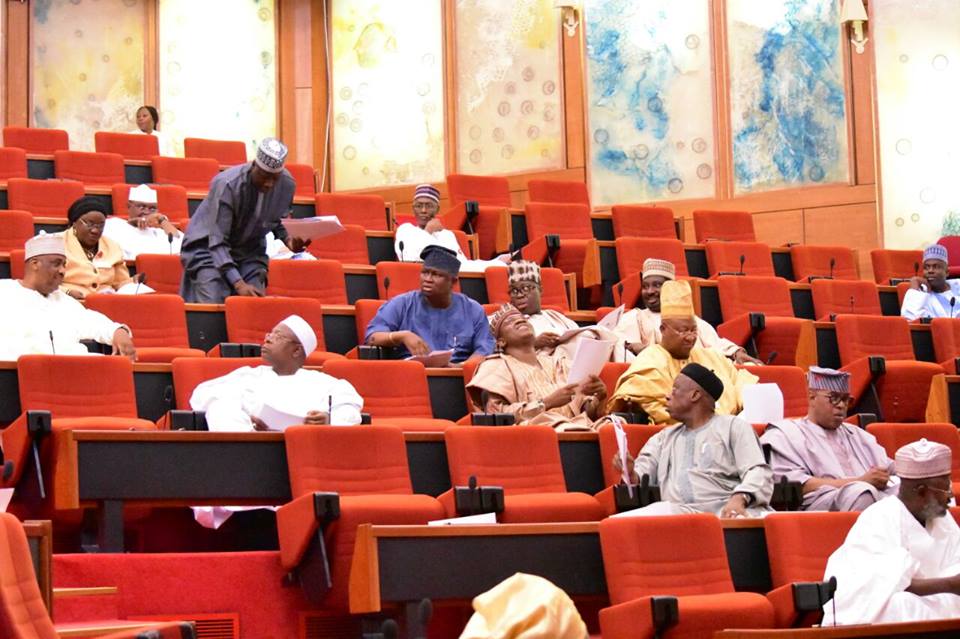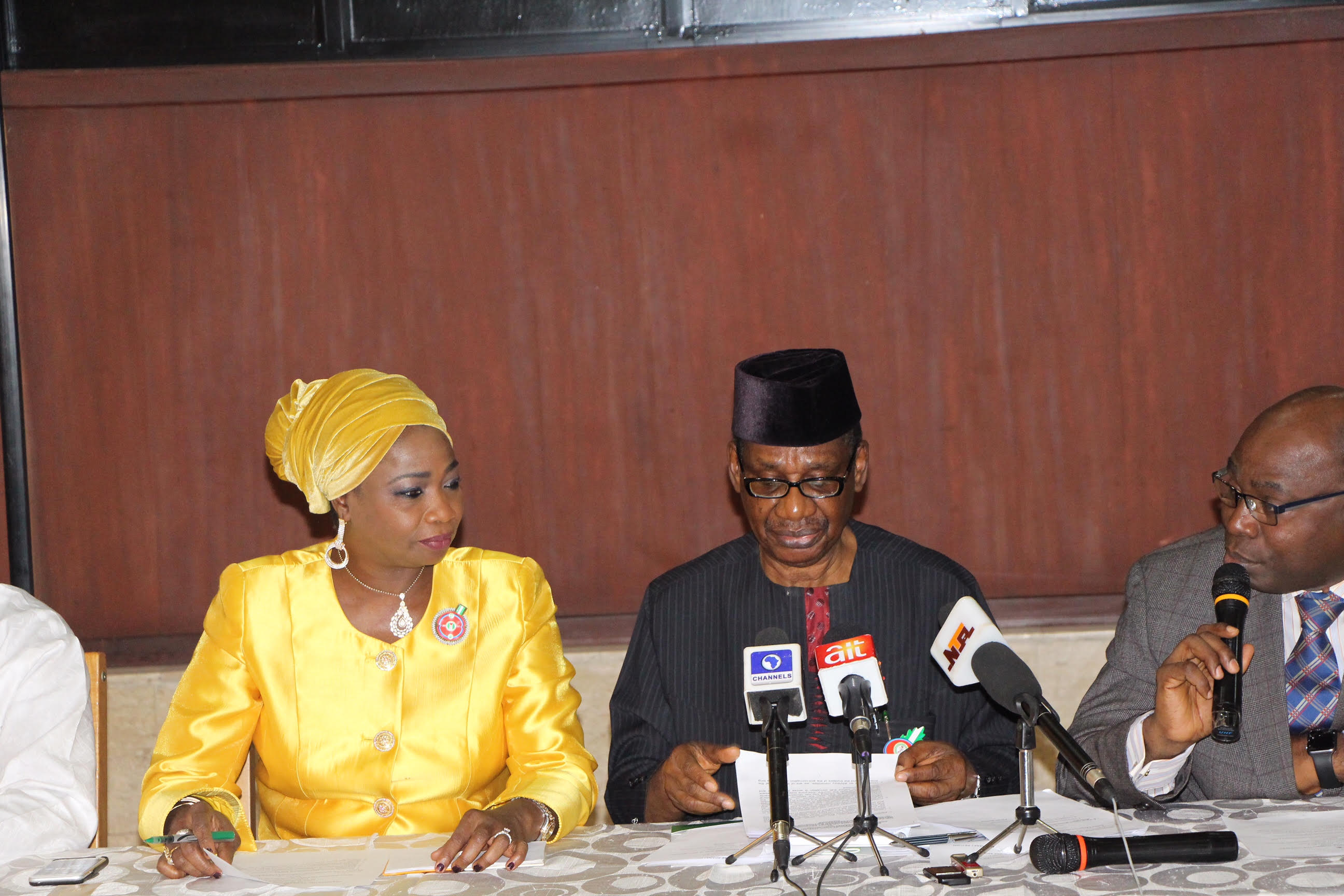Nigerians living abroad seem to have been hit by a wave of deportations.
In the past month, about 500 Nigerians were deported from different countries, while at least 800 were repatriated or forced to return to the country.
But what is responsible for this? There is no doubt that the harsh economic reality in Nigeria has led to ceaseless emigration. However, while some Nigerians travel abroad to engage in productive ventures, a few do so with the motive of engaging in crime so as to make quick money.
Also, some Nigerians travel abroad through illegal means and with forged documents; hence a concomitant flurry of deportations.
Advertisement
To put this clearly, on Monday, 97 Nigerians were deported from South Africa for alleged civil and criminal offences.
The deportees – 95 males and two females – arrived at Murtala Muhammed International Airport in Lagos at night from Johannesburg.
Those accused of criminal offences were handed over to the police for prosecution, while those accused of committing civil offences were allowed to go home.
Advertisement
It is important to state that this came a few days after a South African mob attacked Nigerians and their businesses in the country.
In addition, despite warnings by the government some Nigerians smuggle themselves into dangerous countries like Libya.
Last week, 314 Nigerians were forced to return home as a result of the harrowing experience in the North African country.
And more Nigerians were deported from Europe recently for immigration offences.
Advertisement
On February 24, at least 43 Nigerians arrived at Murtala Muhammed International Airport in Lagos after being deported from Germany, Belgium and Italy.
The National Emergency Management Agency (NEMA) said they were sent back to the country for various immigration offences.
They were conveyed in a Hi-Fly chartered Airbus 330 with registration number CS-TQW.
Bandele Onimode, NEMA’s deputy director, search and rescue operation, said three of the deportees came from Germany; seven from Belgium and 33 from Italy.
Advertisement
The Boko Haram crisis has also resulted in a colossal influx of Nigerians in the north-east to neighbouring countries. And many have repatriated. But this is markedly different from deportation.
On February 23, the UN Refugee Agency (UNHCR) announced that Cameroon had forcibly repatriated more than 500 Nigerians who had fled into the country owing to the Boko Haram insurgency.
Advertisement
A total of 517 Nigerians were sent back to their home country, including 313 who had applied for asylum, according to a UNHCR statement.
UNHCR Cameroon tweeted that it was “very concerned by these repatriations and continues to advocate for access to asylum and the principle of non-refoulement”.
Advertisement
Non-refoulement refers to the practice of not returning refugees to a country where they could face persecution.
UNHCR said it planned to sign an agreement with Nigeria and Cameroon on March 2 that would see 85,000 Nigerian refugees voluntarily resettled in their home country.
Advertisement
More than 61,000 refugees are currently living at the Minawao camp and a further 20,000 at the Logone-et-Chari camp in Cameroon’s far north region.
On February 1, 41 Nigerians were deported from the United Kingdom (UK).
Muhammad Sidi, director-general of NEMA, said they were deported for various immigration offences.
Sidi said 33 adult male and eight female deportees arrived in the country onboard a chartered aircraft about 8: 00 am
“From the manifest with me, 41 Nigerians are onboard and according to the British High Commission in Nigeria, they were deported because they committed various immigration offences,” he said.
“As a responsible government, we cannot just leave our citizens to enter the country without giving them a good welcome.
“Also, we want to let them know that the country they left years ago is different from what they are returning to.”
As a matter of fact, Nigerians will continue to seek a better life outside the shores of country until the government fixes the economy and security.
The government must make the country more habitable for all Nigerians to stem ceaseless emigration, and its brain-drain corollary.
Add a comment







